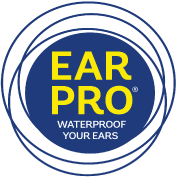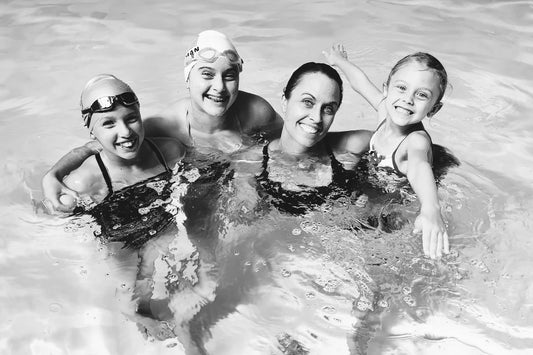Hearing loss, unfortunately, is the most common sensory disorder and many other countries around the world.
It is no surprise that we all look for advice and tips on how to maintain hearing health and also on how to avoid age-related or indeed noise-induced hearing loss.
A quick Google search reveals a large number of articles many of which are proposing higher intakes of vitamins such as E, C, B12 and folate to reduce, for example, the risk of hearing loss.
Vitamins, minerals, a balanced diet and exercise —we all know they’re good for our overall health. But, is there a direct and positive impact on our ears when eating a diet rich in a specific vitamin or if we take a specific mineral supplement?
Here is what we found:
-
Magnesium may help prevent inner ear damage – We need the hair cells in our inner ears to send the sound from our ears to the brain. As a response to loud sounds, our body produces free radicals which damage the hair cells resulting in noise-induced loss of hearing. There are some studies that show that magnesium can help lower the activity levels of free radicals thus reducing the risk of hearing loss
-
Potassium helps regulate the fluid in your inner ear – Our ears need potassium to essentially convert sound into signals our brains can understand. Potassium levels in our bodies often drop with age and a diet rich in potassium-rich food items may help to fight off age-related loss of hearing
-
Zinc to boost your immune system – Higher levels of zinc may help activate your immune system and thus help to keep viruses and bacteria at bay. While there seems to be no direct link between zinc and ear health, it still is a very good idea to include foods rich in zing to your diet to help manage inflammation levels in our bodies. However, please check with your doctor first if you consider taking a zinc supplement as it may interfere with other medications you are taking
-
Vitamin D for strong bones including our middle ear bones – A vitamin D deficiency can result in a loss of bone density possibly contributing to fractures and osteoporosis. Such a deficiency would also impact the three bones in our middle ear. Our vitamin D levels typically fall with age and it is therefore especially important for older adults to ensure a sufficient intake
-
Folic acid aids in fighting free radicals… – Free radicals contribute to many chronic health issues such as cardiovascular and inflammatory diseases or cancer. But, free radicals can also reduce the blood flow to our inner ears cutting off the much needed supply of nutrients to our ears’ delicate sensory cells – essential for hearing. Once destroyed, these cells will simply not grow back. Environmental factors such as loud noise trigger the production of free radicals but folic acid helps fight off free radicals
- … as do magnesium and vitamins A, C and E – Folic acid is not your only ally in the fight against free radicals. Vitamins A, C and E are antioxidants and studies seem to show that this trio can help to reduce the production of free radicals and therefore aide maintain proper hearing. University of Michigan researchers found that taking vitamins A, C and E in combination with magnesium may even be more effective in terms of reducing the risk of noise-induced healing loss
All of the above minerals and vitamins can positively impact your hearing or may even help to avoid hearing loss.
But, despite the growing body of research, that fact remains that, besides food, there are many other aspects having a direct impact on your hearing.
Also, all of the above vitamins, for example, only show an indirect link to hearing health. And that’s exactly why many experts continue to recommend a balanced diet as the best way to maintain healthy bodily functions – including hearing.
So, to maintain good ear health and hearing, aim to eat a variety of fruits, vegetables, whole grains, proteins as well as healthy fats.
____________________________________




